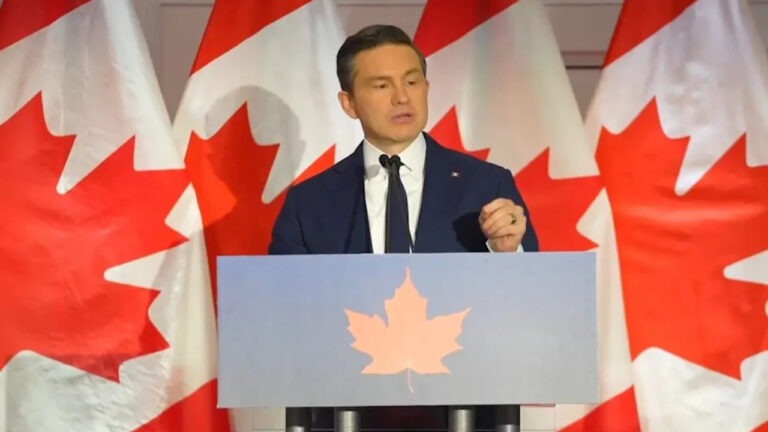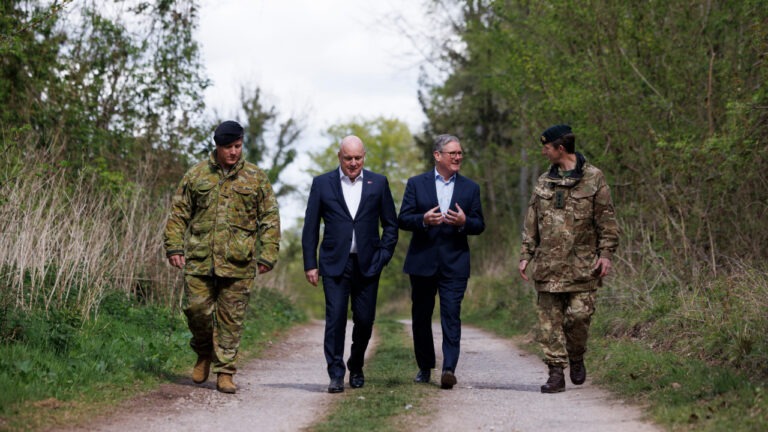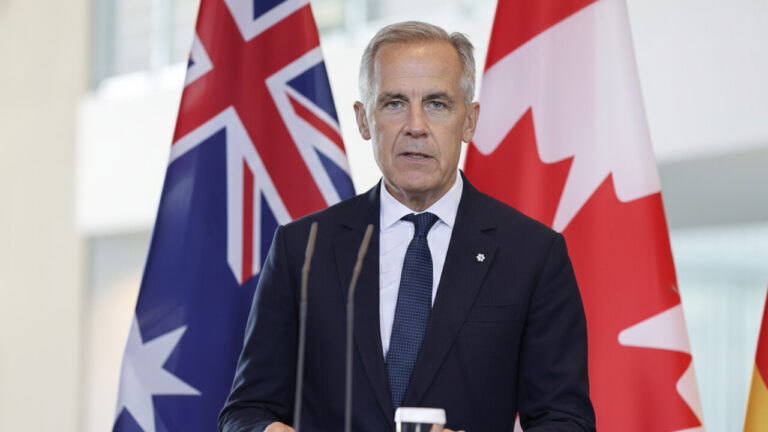
James Skinner
James is the Founder & Chief Executive of
CANZUK International in Vancouver, Canada
Canada’s Liberal Party, led by Mark Carney, secured a historic fourth consecutive term last night in a federal election that captivated the nation and drew global attention.
While the Liberals fell just short of a majority government, projections indicate they will form a minority government with the support of smaller parties, such as the New Democratic Party (NDP).
Carney’s victory, coupled with his international stature and economic expertise, positions him as a transformative figure for Canada and a potential catalyst for advancing the CANZUK campaign.
Carney’s victory, coupled with his international stature and economic expertise, positions him as a transformative figure for Canada and a potential catalyst for advancing the CANZUK campaign.
The election unfolded against a backdrop of external pressures, notably U.S. President Donald Trump’s aggressive trade tariffs and provocative rhetoric about annexing Canada as the 51st U.S. state. These threats sparked a surge of Canadian nationalism, reversing the Liberals’ earlier double-digit polling deficit against the Conservatives.
Carney, leveraging his economic expertise and international experience, presented himself as a steady hand to guide Canada through economic and geopolitical turbulence. His campaign emphasized resilience, sovereignty, and diversifying Canada’s global partnerships—themes that align closely with CANZUK’s vision of strengthened collaboration among like-minded nations.
Carney’s decisive win, alongside the unexpected loss of Conservative leader Pierre Poilievre’s parliamentary seat, reflects a public mandate for his leadership.
Of note, congratulations from international leaders, including Australia’s Prime Minister Anthony Albanese and the UK’s Prime Minister Keir Starmer, signal enthusiasm for deeper bilateral ties and advancing CANZUK’s goals.
Carney’s background makes him uniquely suited to champion CANZUK. His tenure steering the Bank of England through Brexit and the Bank of Canada through the 2008 financial crisis equips him with credibility and a deep understanding of the economic and political ties binding CANZUK nations. His time in the UK fostered strong relationships with British policymakers, while his Canadian roots ensure alignment with Canada’s interests.
The Liberal leader’s focus on reducing Canada’s economic reliance on the U.S. also dovetails with CANZUK’s aim of fostering alternative trade and security networks. In his victory speech, Carney outlined a vision for Canada that resonates with CANZUK principles, speaking of building “an independent future for our great country” and forging new international relationships in a changed global order. By prioritizing partnerships with nations sharing Canada’s democratic values, Carney is well-positioned to advocate for CANZUK’s core aims: enhanced trade, mobility, and defense cooperation.
As Carney navigates a complex geopolitical landscape, his leadership could cement CANZUK as a cornerstone of Canada’s international strategy, fostering shared prosperity and security.
At CANZUK International, we are optimistic about the possibilities under Carney’s leadership and urge supporters to engage policymakers to advocate for CANZUK’s inclusion in Canada’s foreign policy agenda.
Carney, leveraging his economic expertise and international experience, presented himself as a steady hand to guide Canada through economic and geopolitical turbulence. His campaign emphasized resilience, sovereignty, and diversifying Canada’s global partnerships—themes that align closely with CANZUK’s vision of strengthened collaboration among like-minded nations.
Carney’s decisive win, alongside the unexpected loss of Conservative leader Pierre Poilievre’s parliamentary seat, reflects a public mandate for his leadership.
Of note, congratulations from international leaders, including Australia’s Prime Minister Anthony Albanese and the UK’s Prime Minister Keir Starmer, signal enthusiasm for deeper bilateral ties and advancing CANZUK’s goals.
Carney’s background makes him uniquely suited to champion CANZUK. His tenure steering the Bank of England through Brexit and the Bank of Canada through the 2008 financial crisis equips him with credibility and a deep understanding of the economic and political ties binding CANZUK nations. His time in the UK fostered strong relationships with British policymakers, while his Canadian roots ensure alignment with Canada’s interests.
The Liberal leader’s focus on reducing Canada’s economic reliance on the U.S. also dovetails with CANZUK’s aim of fostering alternative trade and security networks. In his victory speech, Carney outlined a vision for Canada that resonates with CANZUK principles, speaking of building “an independent future for our great country” and forging new international relationships in a changed global order. By prioritizing partnerships with nations sharing Canada’s democratic values, Carney is well-positioned to advocate for CANZUK’s core aims: enhanced trade, mobility, and defense cooperation.
As Carney navigates a complex geopolitical landscape, his leadership could cement CANZUK as a cornerstone of Canada’s international strategy, fostering shared prosperity and security.
At CANZUK International, we are optimistic about the possibilities under Carney’s leadership and urge supporters to engage policymakers to advocate for CANZUK’s inclusion in Canada’s foreign policy agenda.
Heading photo: Heute.at under Creative Commons License Attribution 4.0 International
Share this:
Facebook
Twitter
LinkedIn
WhatsApp
Email





